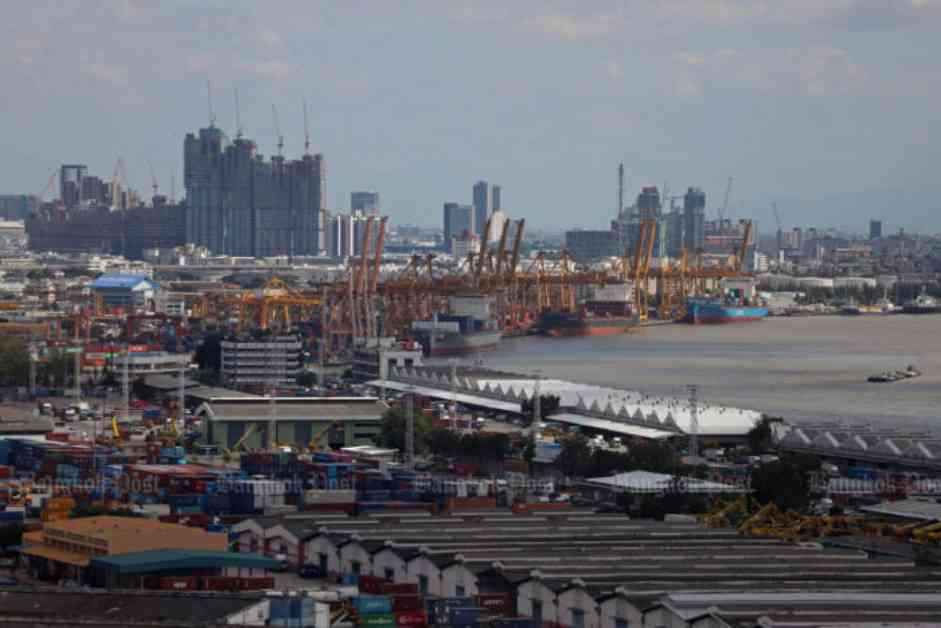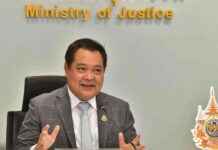Thailand’s cabinet made a bold move by reallocating a whopping 157 billion baht from a consumer stimulus scheme to fund urgent projects in an effort to offset the impact of looming US tariffs. The decision comes as Thailand faces the possibility of a 36% tariff from the United States if negotiations fall through before the moratorium expires in July. While most nations are currently facing a 10% tariff during the moratorium period, Thailand is bracing itself for the worst-case scenario.
The government plans to divert the funds initially earmarked for the next stages of its “digital wallet” scheme towards essential projects in water management, transport, logistics, and soft loans for small businesses. Prime Minister Paetongtarn Shinawatra emphasized that the digital wallet initiative has not been scrapped but rather repurposed to boost the economy in the face of external challenges. The draft budget bill for 2026, which includes additional support measures, has also been approved by the cabinet and will be up for debate in parliament later this month.
Deputy Finance Minister Julapun Amornvivat stressed the urgency of approving projects that will utilize the 157 billion baht by September, given the anticipated impact of the tariffs in the second half of the year. With Southeast Asia’s economy projected to grow by a modest 3.1% in the first quarter and the full-year growth forecast revised downwards to 1.3% to 2.3% due to the tariffs, Thailand is feeling the pressure to stimulate economic activity and mitigate potential losses. Finance Minister Pichai Chunhavajira reiterated Thailand’s commitment to seeking a fair trading relationship with the United States.
Not really sure why this matters, but Thailand’s decision to reallocate funds originally intended for a digital wallet scheme to urgent projects reflects the government’s proactive approach to economic challenges. With the specter of US tariffs looming large, Thailand is taking preemptive measures to safeguard its economy and support key sectors. By channeling resources into water management, transport, logistics, and small businesses, the government aims to stimulate growth and navigate uncertain times ahead.
Maybe it’s just me, but it seems like Thailand is making a smart move by prioritizing immediate needs over long-term plans. The shift in budget allocation underscores the importance of adaptability and resourcefulness in the face of external threats. While the fate of the digital wallet scheme remains uncertain, the government’s focus on mitigating the impact of tariffs and kickstarting economic activity is a testament to its commitment to the well-being of the country.
In conclusion, Thailand’s decision to repurpose funds for urgent projects in light of potential US tariffs demonstrates a strategic shift towards addressing immediate challenges. The reallocation of resources towards vital sectors reflects a pragmatic approach to economic uncertainty and underscores the government’s resilience in the face of adversity. As Thailand navigates the complexities of international trade relations, the prioritization of essential projects is a clear signal of its commitment to stability and growth in the long run.




















